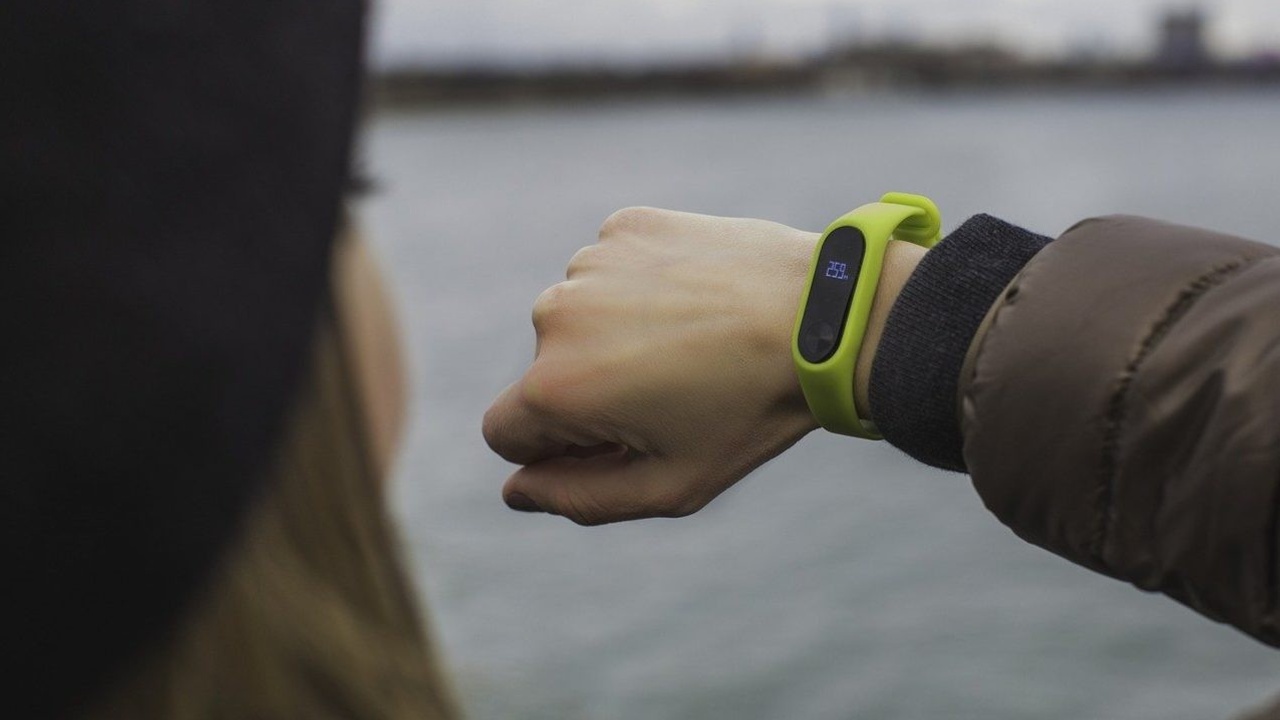Top 3 Ways To Use A Sleep Tracker?

Top 3 Ways To Use A Sleep Tracker
Are you obsessed with your sleep tracker app like me? You are if the first thing you do each morning is to reach for your phone to see how well you slept. Whether accurate or not, many of us obsess over our sleep tracker’s data. Instead of noting how we truly feel upon awakening, we allow our phone’s algorithm to determine the quality of our sleep. And often we let our sleep tracker impact how we feel about our day. Should we trust this information? And how can we use this data to help improve our lives rather than add another stressor?
How Sleep Trackers Work
Wearable sensors such as a Fitbit or Apple Watch, provide valuable data about our activity. Using a motion sensor, or accelerometer, the wrist-worn device is basically an activity monitor. It can count steps fairly accurately; however, measuring sleep is much more complicated. Newer devices (Oura Ring, advanced watches) track heart rate and temperature to improve the accuracy of sleep reporting. They often report stages of sleep or a “sleep score.”
Traditional trackers use the absence of a motion to calculate sleep time. Less movement equals an increasing depth of sleep. One problem with this method is that many of us spend hours awake at night lying very still. Another problem is that many of us also experience body jerks, common movements that occur while we are still asleep.
Is the Data on Your Sleep Tracker Accurate?
A sleep tracker collects large amounts of data each night and uses formulas to sort the data into “light,” “deep,” and “REM” sleep stages. These formulas are unique to each watch company and are not available to the public. This makes it impossible to confirm the accuracy of data or verify if conclusions are based on the best science.
Sleep studies done in a lab are the “gold standard” for getting accurate sleep data. But even they aren’t perfect. What we do know from “in-lab” sleep studies is that the more naturally active you are while sleeping, the more inaccurate your sleep tracker data will be.
For example, if you have a disorder like sleep apnea, your tracker may underestimate your sleep time due to body jerks or overestimate sleep time because it doesn’t pick up associated brief awakenings that occur when breathing stops.
How Can Sleep Trackers Help Us?
Even under routine circumstances, we don’t have much control over our specific sleep stages. Focusing on the intricate details of whether we’re getting enough of one stage or another can be counterproductive. For example, “light sleep” is necessary and normal and does not suggest poor sleep quality.
Sleep tracking is a widely available and relatively inexpensive way to help people learn about sleep and monitor trends in sleep time.
Here are the top three ways to use your sleep tracker:
- Help you keep a regular sleep schedule. Going to bed and getting up at approximately the same time every day contributes to better sleep. By monitoring bedtimes and wake times, your tracker can help you stick to a routine schedule.
- Help you get more sleep. Prioritizing sleep can be difficult. A sleep tracker can help you stay focused on your goal.
- Get feedback on your general sleep quality in different situations. It’s helpful to learn how your body sleeps after a night of heavy drinking, or better yet, meditating.
Keeping Your Sleep Tracker Data In Perspective
The impact of sleep deprivation and sleep disorders is real – they both can negatively impact the heart, the brain, and even our weight. Sleep is as important as diet and exercise. So if we can improve sleep health through wrist-worn feedback, I am in favor. But be cautious putting too much emphasis on data that is not scientifically proven, especially if it can cause harm. Fretting about sleep scores and precise sleep stages without understanding the accuracy or science behind the numbers isn’t useful. It’s classic fake news, even if there is a version of the truth in there somewhere.



